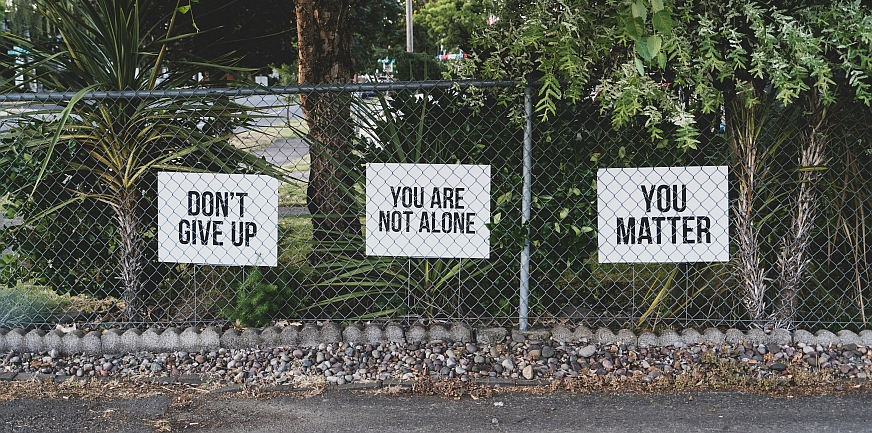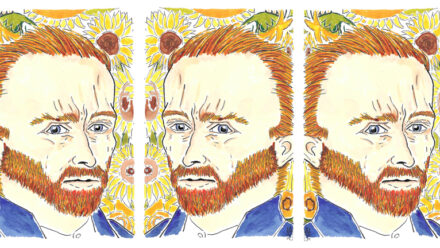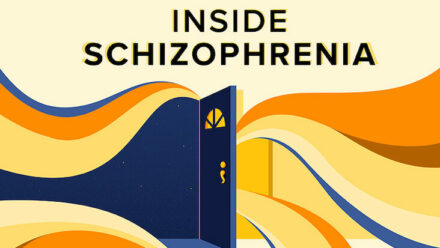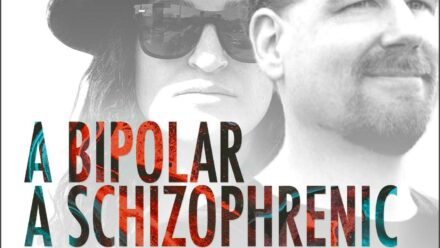
In the mental healthcare system, diagnosis still plays a central role. Someone enters the system with personal, confusing, or painful experiences — and what happens? We start with specialist diagnostics.
A clinical psychologist or psychiatrist begins the search for what is wrong with someone. It sounds logical, professional even. But is diagnosis in mental healthcare truly helpful?
Is Diagnosis in Mental Healthcare Actually Helpful?
More and more research shows something striking: psychological suffering can’t be neatly labelled. It’s not a standardized condition you can tick off on a checklist. Everyone’s suffering is unique, shaped by their life story, social context, and the events they’ve lived through. Still, we try to fit these personal experiences into diagnostic boxes: schizophrenia, bipolar disorder, schizoaffective, and so on.
This approach assumes there’s an objective truth that professionals must establish. But that truth may not exist at all. Diagnosis in mental healthcare often becomes a way to pigeonhole people rather than understand them.
From Experience to Classification – Where It Goes Wrong
When we focus on diagnosis, we move away from experience. We turn rich, lived stories into clinical categories. And that’s where things go wrong.
We’ve forgotten how to sit with someone and truly ask: “What happened to you?” Instead, we ask: “What do you have?” But healing often starts not with labels, but with meaning-making.
A Better Alternative to Diagnosis in Mental Healthcare
A more helpful approach might start with four fundamental questions:
- What happened? – Which experiences or events lie at the root of this psychological pain?
- How does this relate to your vulnerabilities and strengths? – How do these aspects of your personality help us understand your experience?
- What does this mean for your life? – How does this pain affect your goals, identity, and daily functioning?
- What is needed? – What support do you, your environment, and we as professionals need to provide?
This isn’t about avoiding diagnosis in mental healthcare — it’s about giving people back their story.
From Diagnostic Labels to Sensitivity-Based Language
Instead of strict diagnostic categories, what if we spoke about sensitivities?
Bill George of Anoiksis proposed a radical idea: replace twenty psychosis-related diagnoses with just one: sensitivity to psychosis. Everyone has some sensitivity to psychosis, but some suffer more. For them, the task becomes: how do I live with this sensitivity? How do I give it a place in my life?
We can apply the same idea more broadly: sensitivity to mood swings, to anxiety, to addiction, to neurodiversity. These are not diseases — they are invitations to explore, understand, and support one another.
Concluding Thought: Reframing Diagnosis in Mental Healthcare
Diagnosis in mental healthcare shouldn’t be about boxing people in — it should be about opening doors. When we shift from “What’s wrong with you?” to “What happened to you?”, we move toward a more human, sensitive, and meaningful form of care.





Comments: